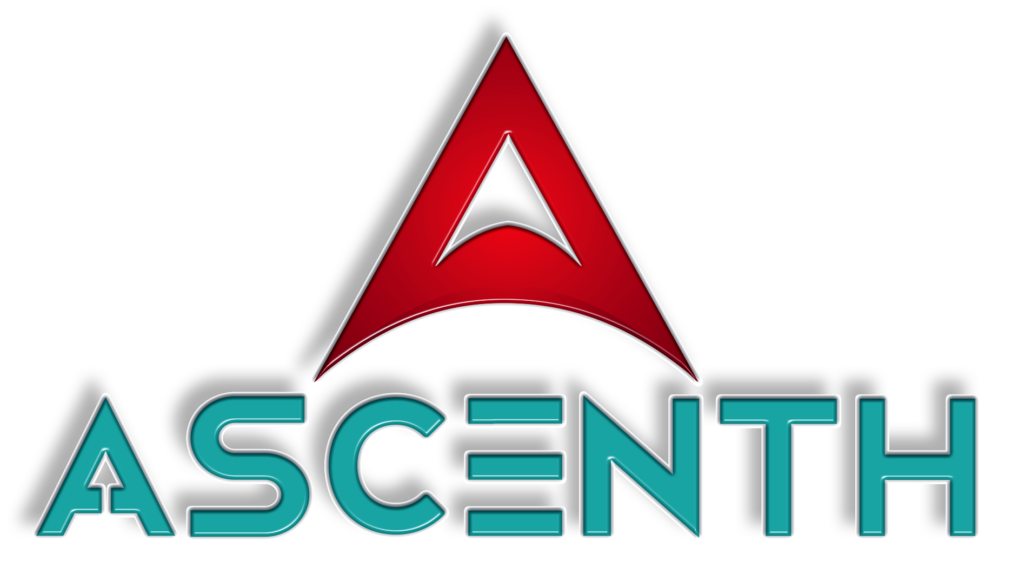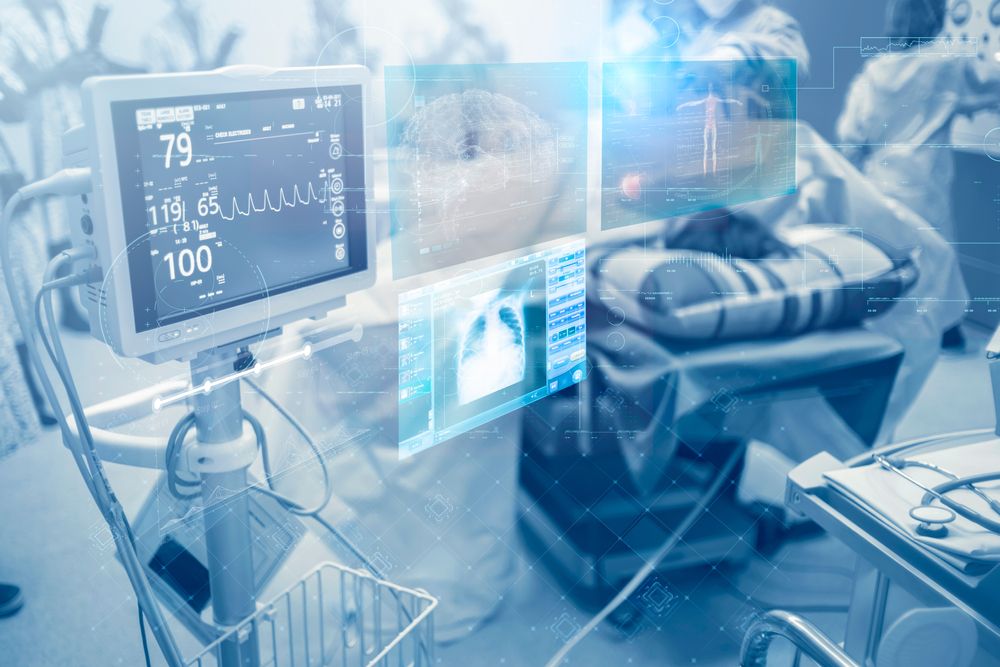In today’s rapidly evolving medical landscape, Clinical Research Organizations (CROs) play an instrumental role in ensuring that clinical settings are equipped with the most suitable medical devices. Selecting the optimal device is a multifaceted process, considering not just the device’s efficacy but also its safety, ease of use, cost-effectiveness, and adaptability to varying clinical scenarios. Ascenth recognizes the challenges CROs face and offers insights into the criteria that should be prioritized when making these pivotal decisions.
1. Efficacy and Reliability A medical device’s primary function is to aid in diagnosis, treatment, or patient care. As such, its efficacy—how well it accomplishes its intended purpose—is paramount. CROs should prioritize devices with a proven track record, backed by robust clinical data demonstrating consistent and reliable performance.
2. Safety for Patients and Clinical Staff Every medical device introduced into a clinical setting should prioritize safety. This means ensuring that the device operates within set parameters, poses minimal risks of malfunction, and meets or exceeds industry safety standards. Regular maintenance and calibration schedules should be feasible and straightforward.
3. Intuitiveness and Ease of Use A complex and challenging device can lead to delays and errors. Devices that boast user-friendly interfaces, clear instructions, and straightforward operating procedures ensure that clinical staff can utilize them with confidence and efficiency.
4. Cost-effectiveness While the quality and efficacy of a medical device are paramount, CROs must also consider cost-effectiveness. This entails evaluating not just the upfront cost of the device but also long-term expenses related to maintenance, repairs, and potential replacements. An optimal device will offer excellent value for money over its lifespan.
5. Adaptability to Diverse Clinical Scenarios In dynamic clinical settings, the needs can change rapidly. Therefore, devices that are versatile and adaptable are often more beneficial. This could mean a device capable of serving multiple purposes or one that can be easily adjusted to cater to a range of patient needs.
6. Training and Support Manufacturers who offer comprehensive training and ongoing support for their devices can dramatically reduce the learning curve for clinical staff. This support can also prove invaluable when troubleshooting or maximizing the device’s capabilities.
7. Integration with Existing Systems In today’s interconnected clinical environments, new devices must seamlessly integrate with existing systems, be it electronic health records or diagnostic software. Integration capabilities can save time, reduce redundancies, and streamline clinical processes.
8. Regulatory Compliance and Approvals Before introducing any medical device into a clinical setting, CROs must ensure that it complies with all relevant regulatory standards and has received necessary approvals. This not only safeguards against potential legal ramifications but also offers an assurance of the device’s quality and safety.
9. Longevity and Durability Frequent replacements or repairs can disrupt clinical operations and prove costly. Thus, selecting devices known for their durability and longevity ensures a smoother, more cost-effective clinical experience.
10. Feedback from Peer Organizations While research and data are essential, sometimes peer feedback can offer invaluable insights. CROs can benefit from discussing potential devices with other organizations that have firsthand experience with their performance and reliability.
Ensuring Excellence in Every Selection
For Clinical Research Organizations, the stakes are high when selecting medical devices. Making the right choices ensures optimal patient care, enhances the efficiency of clinical operations, and safeguards against potential complications. Ascenth is dedicated to supporting CROs in this critical endeavor. With our expertise, you can navigate the complexities of device selection with confidence and clarity.
Seek Expertise in Medical Device Selection with Ascenth
Embarking on the journey of medical device selection? Partner with Ascenth. Our deep industry insights and commitment to excellence ensure that you make choices that align with the highest standards of patient care and operational efficiency. Reach out to our team today.
Sources
- “Medical Device Evaluation and Selection”, Journal of Clinical Engineering.
- “Criteria for Medical Device Selection”, World Health Organization.
- “Clinical Evaluation of Medical Devices: Principles and Case Studies”, Wiley Medical Publications.



